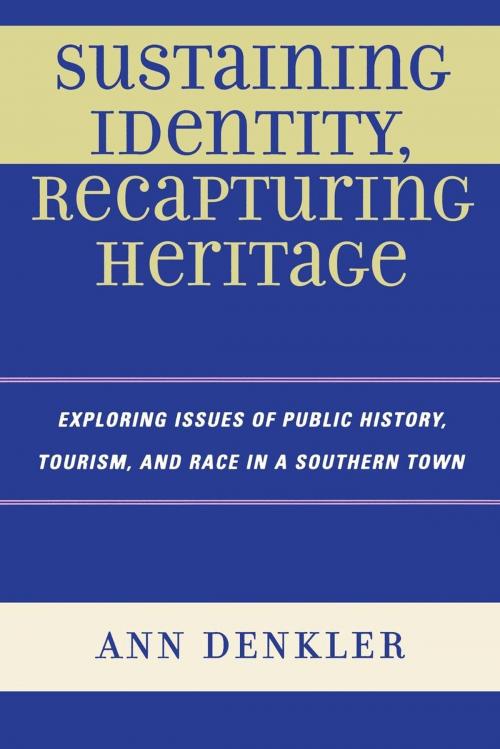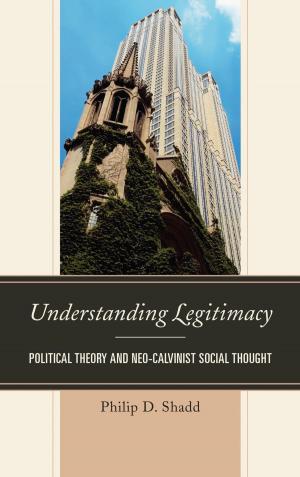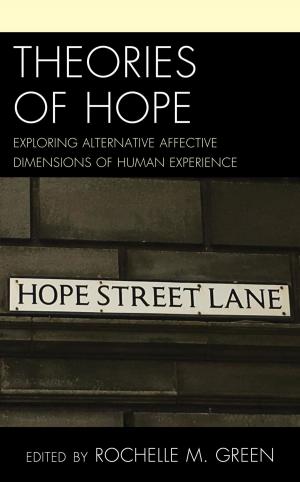Sustaining Identity, Recapturing Heritage
Exploring Issues of Public History, Tourism, and Race in a Southern Rural Town
Nonfiction, History, Americas, United States, State & Local, Travel, South| Author: | Ann E. Denkler | ISBN: | 9780739161517 |
| Publisher: | Lexington Books | Publication: | December 5, 2007 |
| Imprint: | Lexington Books | Language: | English |
| Author: | Ann E. Denkler |
| ISBN: | 9780739161517 |
| Publisher: | Lexington Books |
| Publication: | December 5, 2007 |
| Imprint: | Lexington Books |
| Language: | English |
Sustaining Identity, Recapturing Heritage examines the complex web of public history, race, cultural identity, and tourism in Luray, Virginia, a rural Southern town. The 'texts' associated with this town's public history_tourist brochures, promotional narratives, historic homes, memorials, and monuments_are devoted to the founding eighteenth-century families and Confederate soldiers in Luray's past, but they also marginalize the history and heritage of African Americans and American Indians, and nearly obliterate the history of women in this region. Thus, the public history does not reflect the actual history of this town. A close look at one town helps to debunk the ideas and ideologies of the existence of a monolithic 'South', since the term could mean Mississippi, North Carolina, or somewhere-in-between. Luray and the Shenandoah Valley, with their distinctive geographical, economical, architectural, and cultural history can boast of its own discrete 'southern' identity. The book reveals how African-American texts and history reveal contributions to the town of Luray and the Shenandoah Valley region. The book studies the 'Ol' Slave Auction Block', a controversial public history site that subverts the white, hegemonic heritage of the town. Sustaining Identity, Recapturing Heritage is groundbreaking in its study of African-American tourism.
Sustaining Identity, Recapturing Heritage examines the complex web of public history, race, cultural identity, and tourism in Luray, Virginia, a rural Southern town. The 'texts' associated with this town's public history_tourist brochures, promotional narratives, historic homes, memorials, and monuments_are devoted to the founding eighteenth-century families and Confederate soldiers in Luray's past, but they also marginalize the history and heritage of African Americans and American Indians, and nearly obliterate the history of women in this region. Thus, the public history does not reflect the actual history of this town. A close look at one town helps to debunk the ideas and ideologies of the existence of a monolithic 'South', since the term could mean Mississippi, North Carolina, or somewhere-in-between. Luray and the Shenandoah Valley, with their distinctive geographical, economical, architectural, and cultural history can boast of its own discrete 'southern' identity. The book reveals how African-American texts and history reveal contributions to the town of Luray and the Shenandoah Valley region. The book studies the 'Ol' Slave Auction Block', a controversial public history site that subverts the white, hegemonic heritage of the town. Sustaining Identity, Recapturing Heritage is groundbreaking in its study of African-American tourism.















